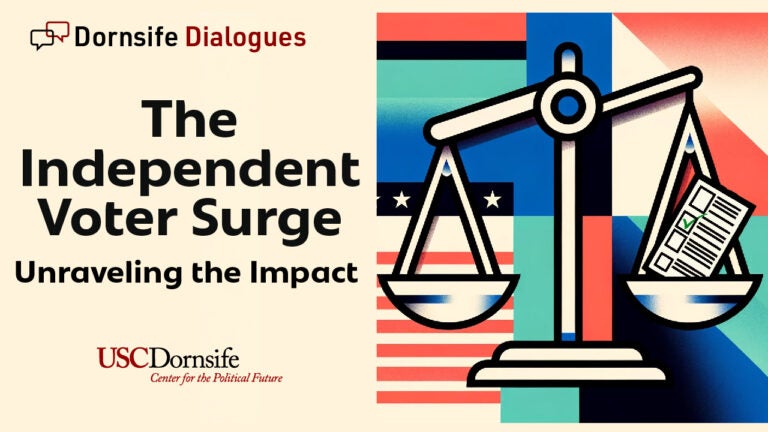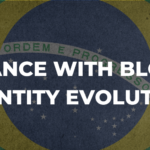Liberalism, as a political and moral philosophy, has had a significant impact on the development of modern societies around the world. It is characterized by a belief in individual rights, democracy, and the importance of limited government intervention in the lives of individuals.
Origins of Liberalism
The roots of liberalism can be traced back to the Age of Enlightenment in the 17th and 18th centuries in Europe. Thinkers such as John Locke, Montesquieu, and Voltaire championed the ideals of individual freedom, religious tolerance, and the concept of a social contract between the government and the governed.

Credit: www.vanityfair.com
The Rise of Classical Liberalism
During the 19th century, the principles of liberalism gained prominence, particularly in Western Europe and the United States. This period saw the rise of classical liberalism, which emphasized the importance of free markets, private property rights, and the rule of law.
Key Figures
Figures such as Adam Smith, known for his seminal work “The Wealth of Nations,” and John Stuart Mill, who wrote extensively on individual liberty and the tyranny of the majority, were instrumental in shaping classical liberal thought during this time.

Credit: dornsife.usc.edu
Liberalism in the 20th Century
The 20th century witnessed the evolution of liberalism as a response to the challenges posed by industrialization, two world wars, and the rise of totalitarian regimes. Social liberalism emerged as a variant of liberalism that placed greater emphasis on social welfare and government intervention to address economic inequalities.
Impact Of World Events
The Great Depression and World War II led to the expansion of the welfare state in many Western countries, with policies aimed at providing social security, healthcare, and education to citizens, reflecting the influence of social liberalism.
Contemporary Liberalism
In the 21st century, liberalism continues to shape political discourse and policy-making in many parts of the world. It encompasses a diverse range of perspectives, including classical liberalism, social liberalism, and modern variants such as neoliberalism and libertarianism.
Global Influence
Liberalism has been instrumental in promoting human rights, free trade, and democratic governance on a global scale. International organizations and agreements, such as the United Nations and the World Trade Organization, reflect liberal principles of cooperation and collective security.
Challenges and Criticisms
Despite its enduring influence, liberalism has faced criticism from various quarters. Critics argue that excessive individualism and free-market policies can lead to economic inequality and social fragmentation. Additionally, the rise of populist and nationalist movements in recent years has posed challenges to the liberal international order.
Conclusion
Nevertheless, the history of liberalism reflects its enduring significance as a framework for addressing complex societal issues and advancing the values of freedom, equality, and justice. As the world continues to grapple with new challenges, the principles of liberalism are likely to remain central to the ongoing debate about the future of governance and human progress.
Frequently Asked Questions On Unraveling The Powerhouse: A Brief History Of Liberalism
What Is The History Of Liberalism?
Liberalism has its roots in the 18th century Enlightenment, emphasizing individual rights, liberty, and limited government.
How Did Liberalism Emerge?
Liberalism emerged as a response to the absolute power of monarchies and the desire for individual freedoms.
Who Were The Key Figures In The History Of Liberalism?
Notable figures in the history of liberalism include John Locke, Adam Smith, and Thomas Jefferson.
What Are The Core Principles Of Liberalism?
The core principles of liberalism include personal freedom, equality, individual rights, and limited government.
Guest Author Sakhawat-Shuvo wrote and edited this Article based on his best knowledge and understanding. These opinions and remarks are not endorsed or guaranteed by epichistoria.com or EpicHistoria. The Epic Historia does not guarantee this article’s content. Readers should verify and use their judgment before trusting the content. Also, the Images used in this Article are the copyright of their Respective Owners. Please use our Comment Box or Contact Us form to report this content. This information is not accountable for losses, injuries, or damages.

